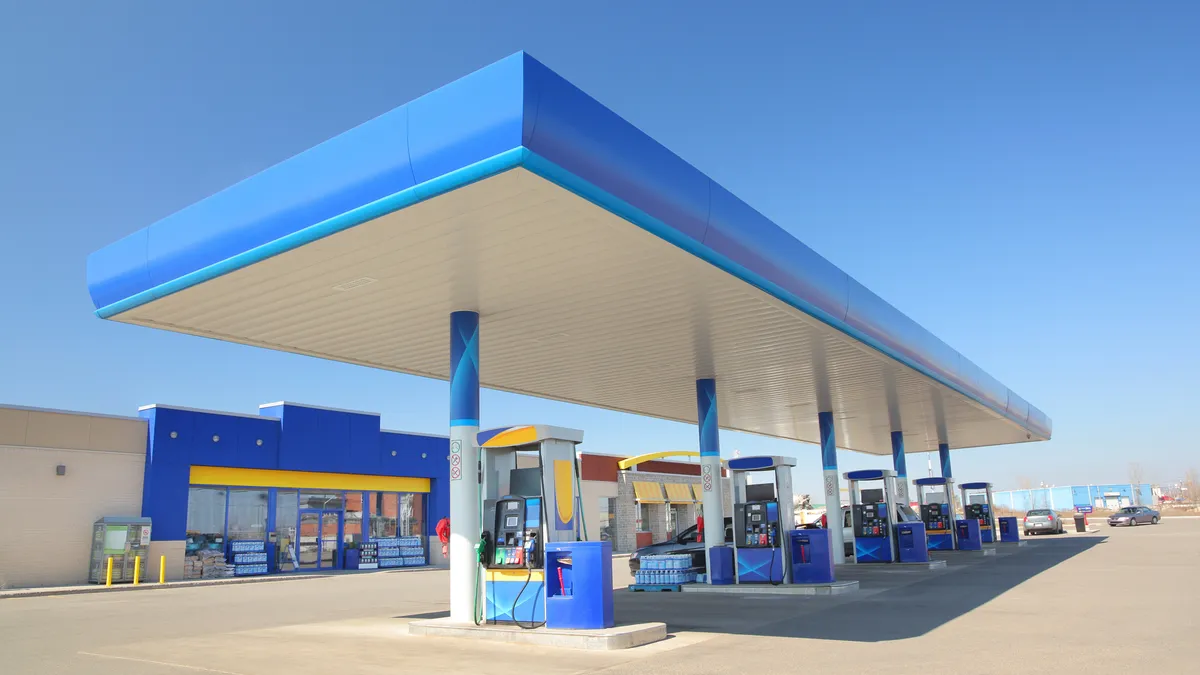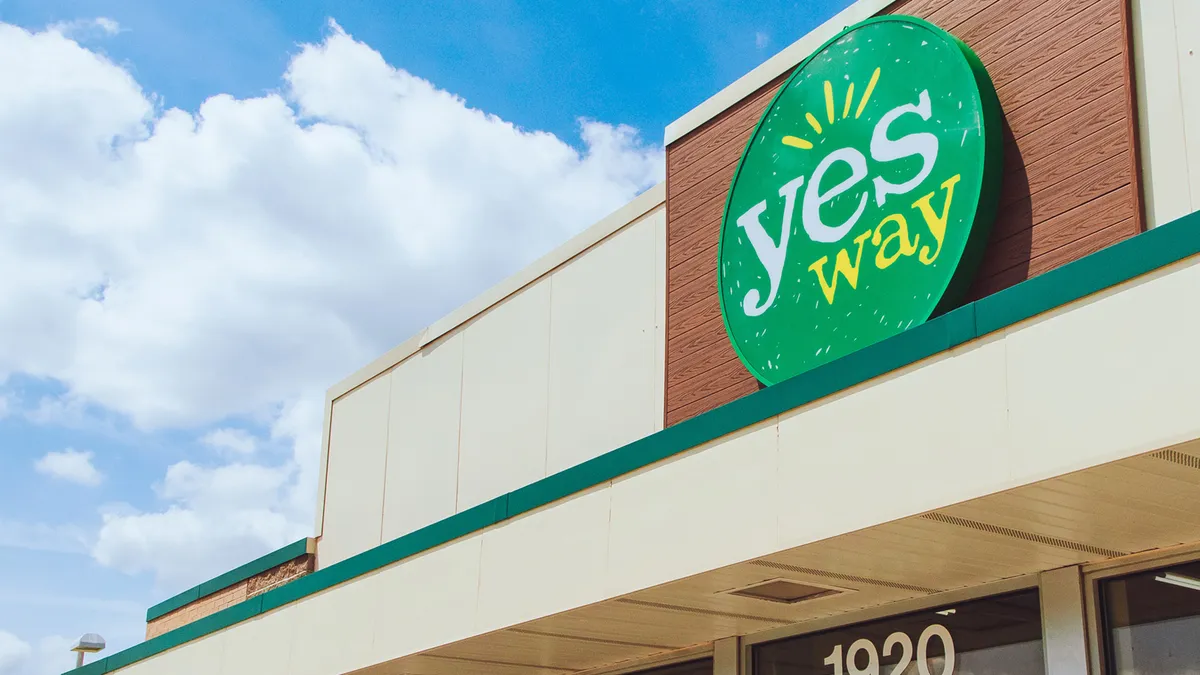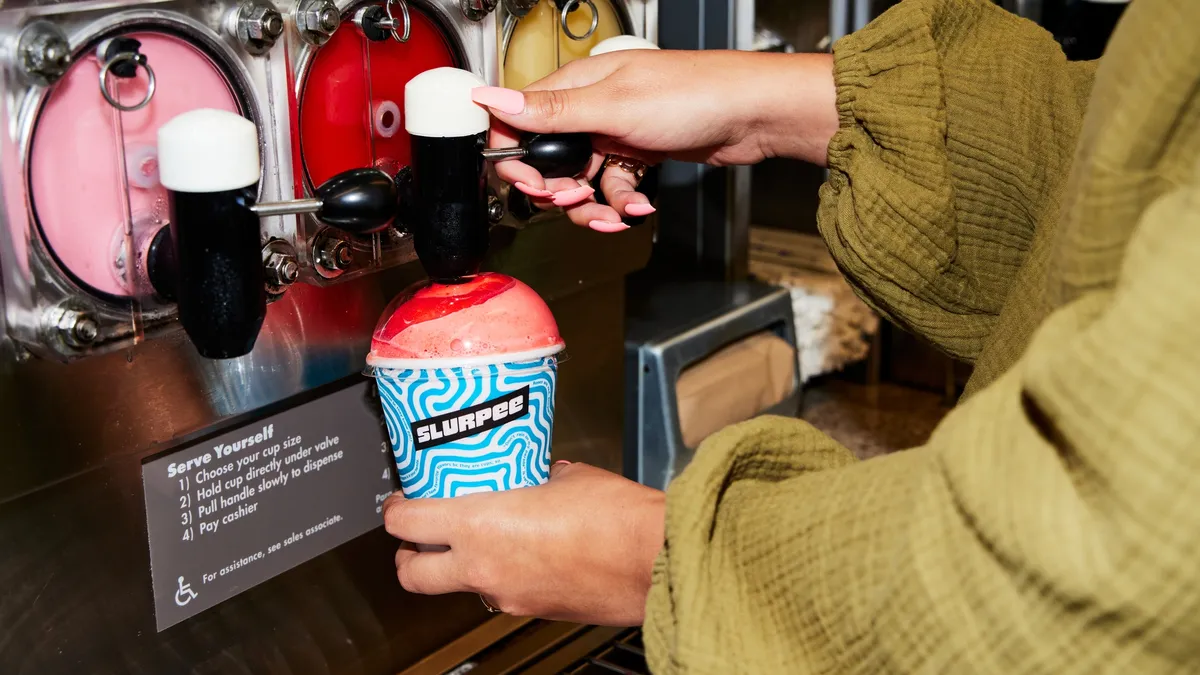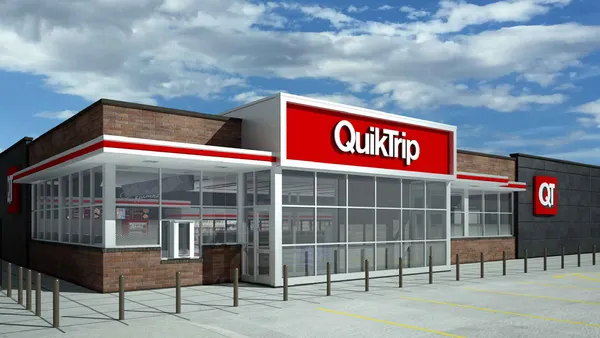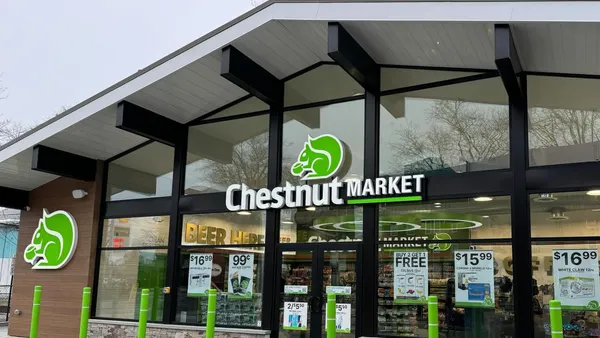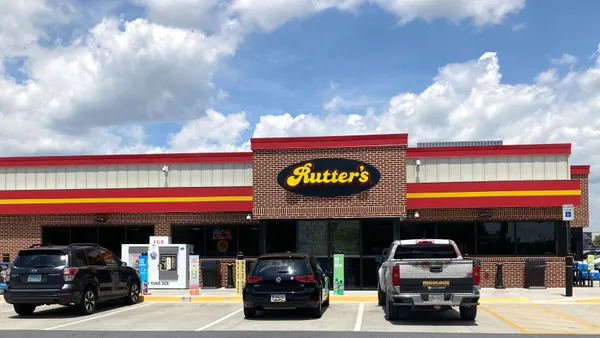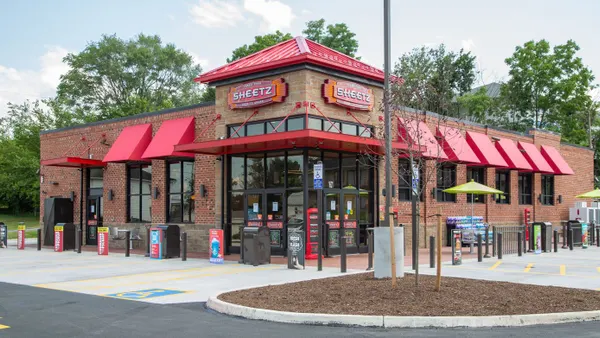When convenience store brands start new builds, they must navigate a Byzantine tangle of licensing types, jurisdictions, and location-specific laws. This can be particularly challenging in areas where they haven’t done business before, or for sites that have never featured a c-store. Will proximity to a church nix alcohol sales? Will a new underground storage tank application be reviewed in time to meet the construction timeline?
Coordinating the typical 10 to 18 licenses required for a new c-store typically means working with a wide range of contacts, from construction managers to local government staff, politicians, and a sometimes-resistant community. Many brands end up hiring multiple partners such as law firms, land use planners and engineers to help navigate all the communications, permits and licenses. So then they not only have to monitor all the license processes; they also have to manage multiple vendors as well. The complexity builds quickly.
But some c-stores have identified a way to streamline all that. They’re leveraging single-source firms capable of managing all the licenses for their new builds no matter where they’re located. This approach makes license management faster, easier and more efficient, so new builds open on time.
New Site, New Questions
Excitement is often high when a c-store brand identifies a new site. But that discovery also kicks off a convoluted process of due diligence and licensing that can last six months or longer. Despite unofficial assurances about what’s permitted at the location, step one is verifying compliance with zoning, including alcohol sales, and filing for a variance or conditional use permit if needed.
Unlike buying an existing c-store, “new stores take longer, so you want to start the process as soon as you can,” says Drina Miller, partner and director of national licensing for Decisions Consulting. “There's no license already assigned to that property. So phase one is making sure that it is eligible.”
Land use is a big part of new construction licensing. The presence of schools, daycares, and other convenience stores can impact eligibility, as well as things like underground storage tanks or the storefront color or lighting plan for the new site. Many states and select counties and cities will require Conditional Use Permits or Variances as requisite approvals, which may require an analysis demonstrating compliance with specific criteria in the ordinance or comprehensive plan.
It’s also important to understand local nuances—and potential gotchas. A few years back, one c-store chain successfully completed the zoning process for a new site, but neglected to get the city council to stipulate they could sell alcohol there, or promptly file for the alcohol license. When they later posted “coming soon” signs that mentioned alcohol, the community revolted and the council barred the license. Today the store remains dry.
In fact, managing community expectations can be a big part of the job. Neighbors want to be informed, heard and accommodated. A seasoned expert comes prepared with time-tested messaging and a knack for working with the community.
“Responsiveness is key. So is understanding the pressure points politicians experience, and the community affairs concerns that typically come up with alcohol sales and convenience stores, how to best package your proposed operations and store to get ahead of the issues with your messaging and mitigate the arguments,” says Jonathan Crumly, a founder and chief executive officer of Decisions Consulting.
Meeting Exacting Requirements
Step two is applying for all the licenses. Besides alcohol, these might include tobacco and lottery sales, fuel pumps, health/food permits and a host of others. Some license processes can only start when construction hits certain milestones, such as an occupational tax certificate or health license inspection, requiring careful coordination with the contractor.
Curiously, the same location may fall into different jurisdictions for specific types of licenses. And rules can be starkly different even in adjacent jurisdictions.
“For most large metropolitan areas like Kansas City, Omaha or Louisville, we're going to get asked one set of questions, and a whole different set of questions from the suburban towns around them,” says Crumly.
Hiring local experts such as an engineering or law firm to help can bring its own headaches. A single or handful of stores is often not a high priority, and it can take weeks for them to ramp up. Many only handle specific license types, such as alcohol.
Taking the Hassle Out of Licensing
For all these reasons, c-stores are turning to single-source providers to manage the entire licensing process. A skilled provider offers deep subject matter expertise, experience working with contractors, and a rich database of local laws and nuances. They also cover a broad geographic range, so c-stores can leverage their services no matter where they choose to expand.
It’s important to thoroughly vet any potential provider, looking for one with the skills and resources to handle everything in house. Ask about “experience in tracking multiple locations, breadth of knowledge across jurisdictions, speed to market, projects of comparable magnitude,” suggests Crumly.
Taking a single-source approach has proven a game-change for many c-store brands looking to streamline their new build licensing process—when they choose the right partner. “It all comes down to experience and having the organization to navigate it,” says Miller.

